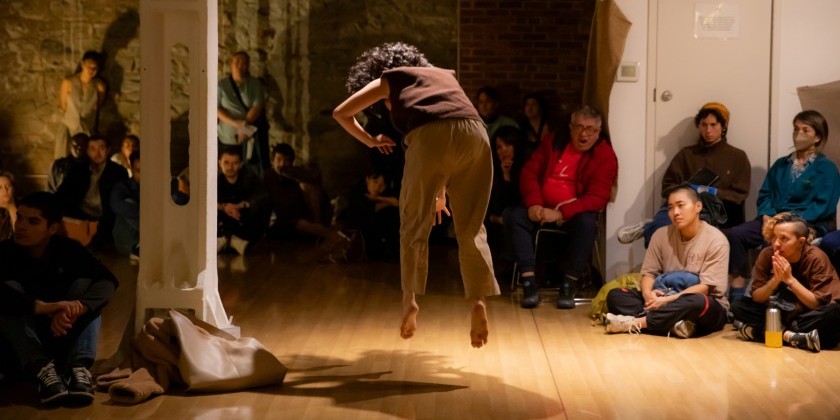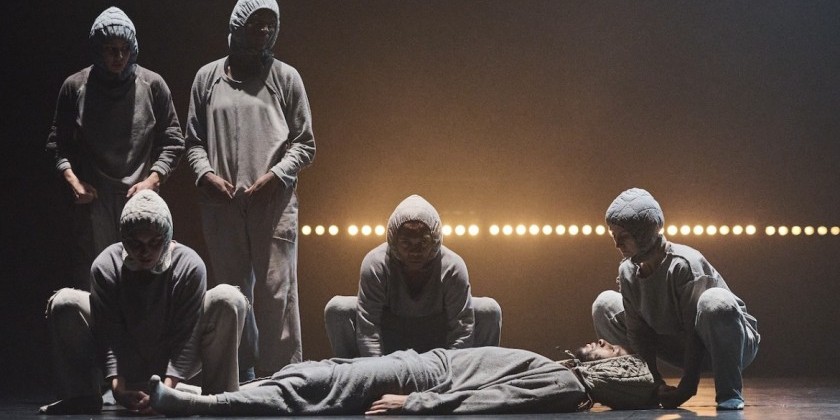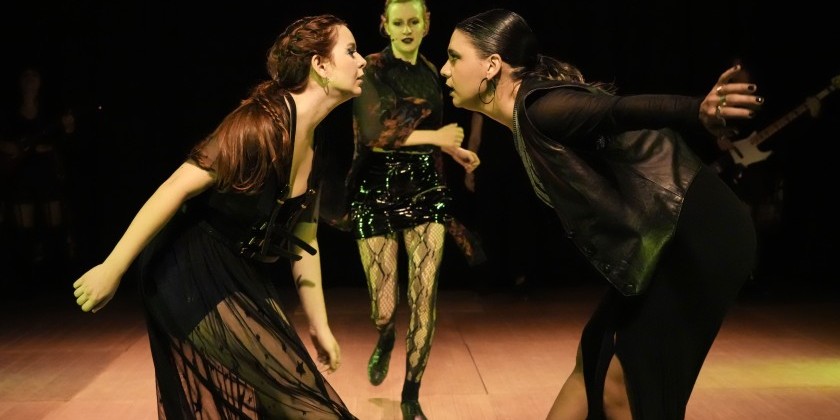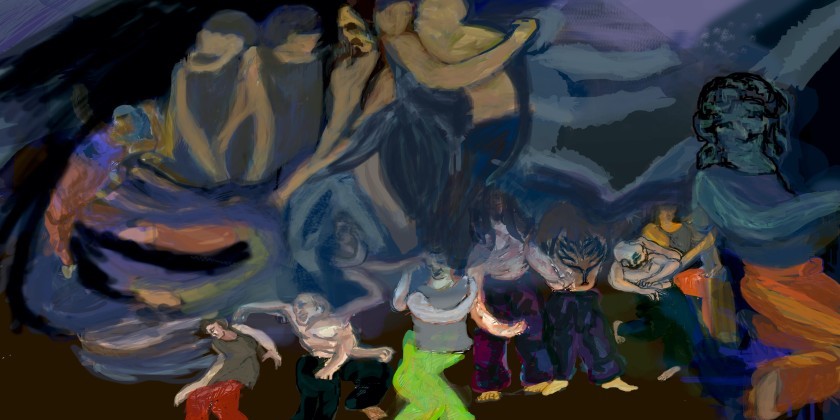AUDIENCE REVIEW: NYCB "Dances at a Gathering" & "Everywhere We Go" Review

Company:
New York City Ballet
Performance Date:
October 11
Freeform Review:
On October 11 I had the pleasure of watching New York City Ballet for the first time in my life. That night’s performance graced the audience with Jerome Robbins’ piece “Dances at a Gathering” (1969), and the rising choreographer Justin Peck with his work “Everywhere We Go” (2014).
The first act began with Jerome Robbins’ classic “Dances at a Gathering”. The ballet featured 10 dancers in solos, duets, and groups moving to 18 different piano pieces composed by Frederic Chopin. Each dancer embodied the vibrant and dynamic choreography that Robbins is known to convey in his work. The choreography is less story driven but presented an array of emotions ranging between somber and sorrowful to koi and joyful which took the audience through a carefully arranged bouquet of pure movement. The dancers toyed with the audience’s expectations by surprising them contemporary jumps, lifts, and gestures while maintaining true to the ballet aesthetic which gave it a refreshing look. In the more adagio sections, the beautiful lines and sweeping turns sent a wave of serenity throughout the theater which kept my eyes fixated on every detail the dancers carved out in the space. Lauren Lovette’s expression along with the endless extension of her legs as she danced in her pink costume was as romantic as the Parisian music that was accompanied with her movement. In contrast, Sara Mearns portrayed a vibrant and a little flirtatious character that made the audience react with delight whenever she flicked into a gesture which gave a vibrant outtake of the music that was played. In the final section, all 10 dancers gathered on stage together with swelling arms and legs that filled the stage with grace to signal this was their reverence. By the end, I was filled with the desire to indulge more into the world these dancers had created in the hour-long piece.
In the second act, Justin Peck’s work “Everywhere We Go” displayed a contrast from the work of Robbins by presenting a dynamic piece set with a large cast of 25 dancers with an orchestra playing music composed by Sufjan Stevens. As the curtains opened, the background displayed a kaleidoscope of interchanging geometric shapes which immediately sent a message that this was going to be a dynamically sharp and clean piece. The music begins with a fanfare of bells, trumpets, and drums sending a rush of jubilant energy. The dancers emerged wearing grey, white, and black costumes with hints of red and spared no time in exciting the audience with sharp long movements which was a far cry from the ambience of the previous ballet. The quirkiness that the orchestra brings to the ballet brought a spark to the movement of every dancer as if each was a fireball of energy in a firework show. The corps dancers filled the stage with large leaping movement that screamed joy while shifting their formation like they were apart of the everchanging background. The duets that were in each section not only stood out but interacted with the large groups weaving in and out of the groups as if they were playing a game of tag or follow the leader. Each section seamlessly melted into the next as if it was one continuous thought which kept me at the edge of my seat. With every change of the music, the dancers matched the overwhelming influence of the orchestra by filling the space with angular shapes and light footwork. By the end of the piece I was inspired by Peck’s choreography by bringing a new wave of ballet choreography into the present. The culmination of the backdrop, the dancers, and the music brought an uplifting feeling to the theater representing an American aesthetic that encouraged hope for the future of American dance.
By the end of the night I was truly inspired by the beauty of the two works I saw. Each piece displayed how each choreographer has contributed to the improvement of the dance world in choreography and artistic expression. I am grateful to have seen these pieces as it shows the progression and change of the American culture, value, and aesthetic over the past 50 years.
Author:
Kaila Gibson-Okunieff
Photo Credit:
Dee Conway











